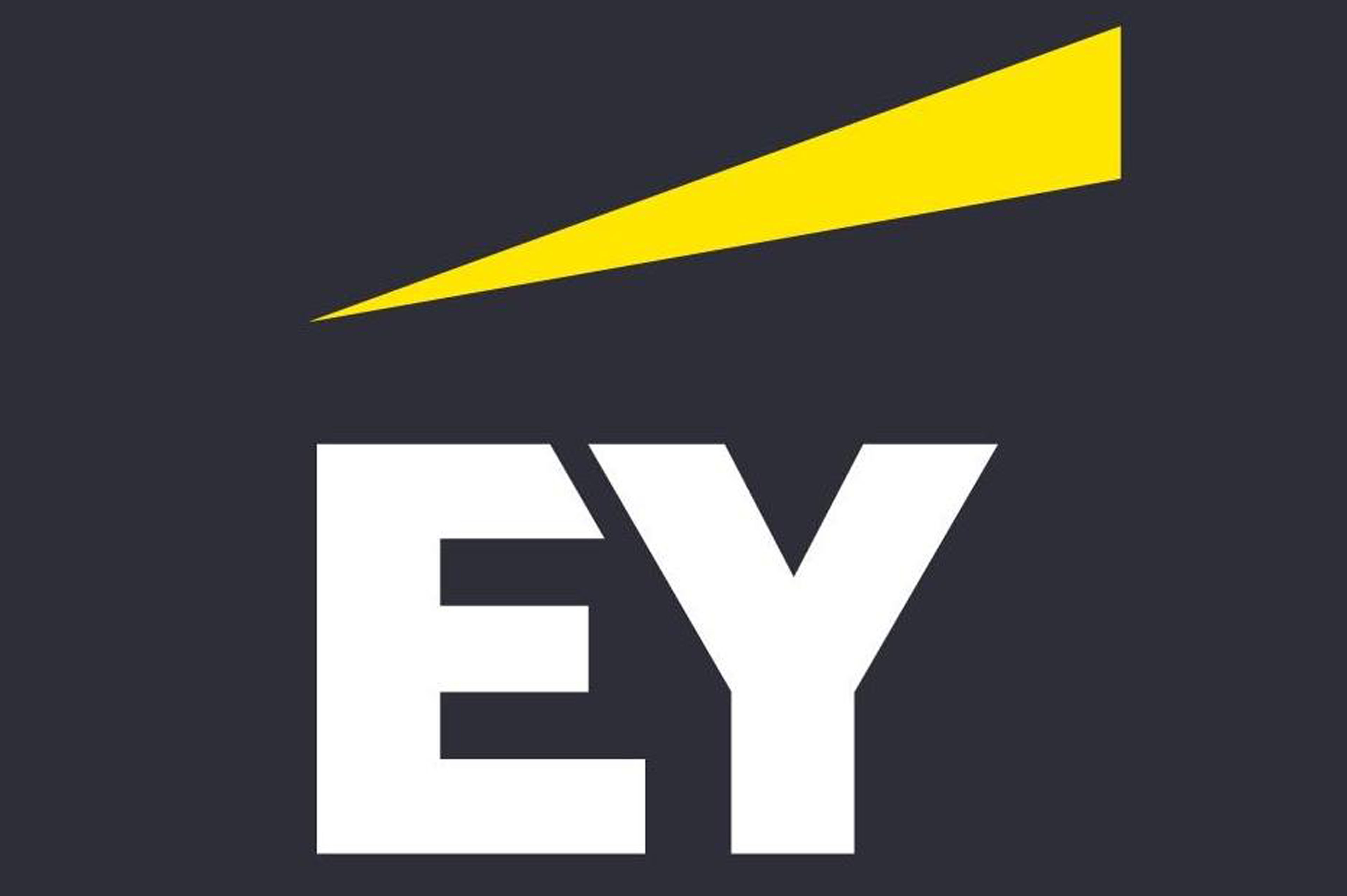EY se refiere a la organización global, y puede referirse a una o más, de las firmas miembro de Ernst & Young Global Limited, cada una de las cuales es una entidad legal independiente. Ernst & Young Global Limited, una compañía británica limitada por garantía, no brinda servicios a los clientes.

As mentioned in our communication issued on September 9, on September 8 the economic package for 2022 was submitted to the Legislative Branch for due processes and analysis.
We have outlined below the main changes to the Mexican Income Tax Law proposed by the new bill with regard to transfer pricing.
- Technical clarifications
Currently, the Mexican Income Tax Law (MITL) establishes clear differences between the transfer pricing documentation requirements for transactions carried out with Mexican and foreign related parties. The bill, however, proposes amending articles 76 and 179 of the MITL to eliminate such distinctions and make the requirements applicable to all transactions with related parties, regardless of their place of residence.
The bill also includes a proposal to amend article 76, section IX, of the MITL to clarify that transfer pricing documentation must include a breakdown of the adjustments applied to eliminate differences in comparables (e.g., adjustments to eliminate differences in the levels of accounts receivable and payable, among others).
In addition, the bill proposes adding a new paragraph to article 179 stating that taxpayers must consider the comparable information corresponding to the period under analysis, and only when the taxpayer’s business or product commercial acceptance cycles cover more than one year may the taxpayer consider comparable information for two or more prior or subsequent years. It is important to note that the financial information of the comparables for the year under analysis may not be available when the transfer pricing study is performed if the selected company has not published such information.
Lastly, the bill proposes modifying articles 179 and 180 of the MITL to establish that the taxpayer may obtain a range of prices, amounts or profit margins from the application of a transfer pricing methodology, and such ranges may be adjusted by applying the interquartile method indicated in the MITL Regulations, the method established in the framework of the treaties for avoiding double taxation entered into by Mexico or the method authorized by the general rules issued by the Tax Administration Service. The amendments also state that in the event of noncompliance, the authority may determine the taxpayer’s taxable income and authorized deductions, regardless of whether the transactions are carried out with Mexican or foreign entities, individuals or foreign residents with a permanent establishment in Mexico, or through trusts. Previously, the paragraph being amended only made reference to related parties in general.
- Changes in deadlines
The bill proposes amending section X of article 76 of the MITL to clarify that the information return on related party transactions (Annex 9 of the Multiple Information Return) must be filed by May 15 of the year following the transaction. It also eliminates the reference that limited compliance with this obligation to transactions with related parties abroad, expanding the reference to related parties in general. Should the amendments be approved, information returns will need to contain the information on all intercompany transactions carried out, regardless of the related party’s place of residence.
The amendment to article 76-A states that the local information return (applicable to the taxpayers referred to in article 32-H of the Federal Tax Code who carry out transactions with related parties) must be filed by May 15 of the year following the transaction. It is clarified that the Master and Country-by-country information returns must be filed by December 30 of the year following the transaction, as had been previously established. It is important to consider that moving up the filing date of the local information return means that the financial and/or tax information of the foreign related parties with whom the transactions in question were executed, among other information, may not be available.
- Changes in the maquiladora industry
The bill proposes amending articles 182 and 183-Bis of the MITL to eliminate the option given to companies who carry out maquila activities (including those who operate through a shelter company) of requesting a private transfer pricing ruling in the terms of article 34-A of the Federal Tax Code (Advance Pricing Agreement [APA]) confirming their compliance with articles 179 and 180 of the MITL. As a result, the only option will be to apply the Safe Harbor rule, under which maquiladoras must determine taxable income based on the greater amount of 6.9% of the total value of the assets used in the provision of maquila services or 6.5% of the total costs and expenses incurred in the maquila operation. Should this amendment be approved, it will be important to analyze the impact of the application of the Safe Harbor rule by maquiladoras, especially those considered as capital intensive.
Lastly, it is important to mention that the proposed elimination of the option to request an APA involves eliminating the obligation of filing a notice of intent to apply the Safe Harbor rule as an alternative to complying with articles 179 and 180 of the MITL.
For additional information about this alert, please contact the following professionals:
Enrique González
Alma Gutiérrez
Gabriel Lambarri
Mónica Cerda
Ricardo Barbieri
Ricardo Cruz
Violeta Valerio
Alberto Peña
Andrés Olvera
Sakkara Simón
Marco Molina
Ricardo González



